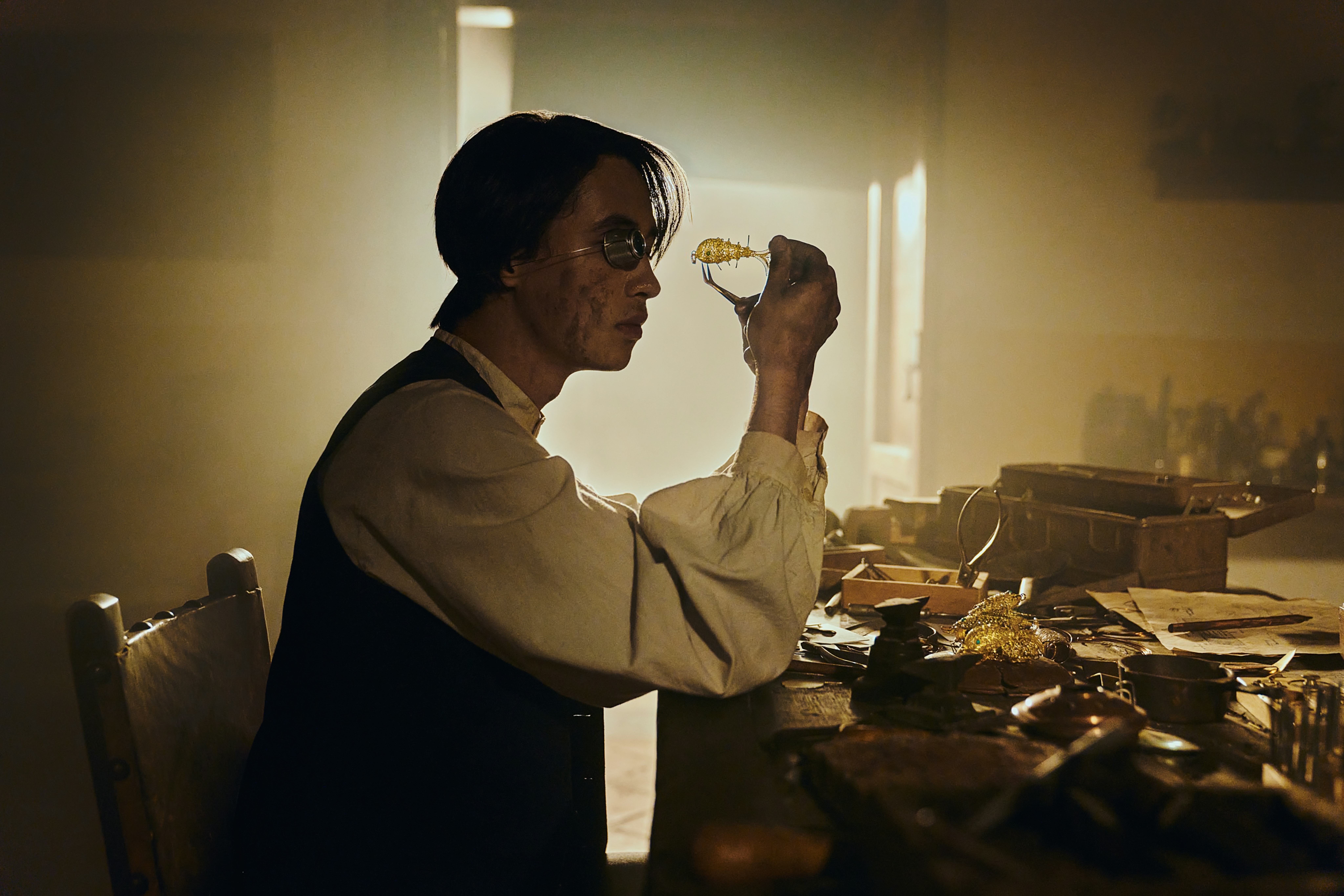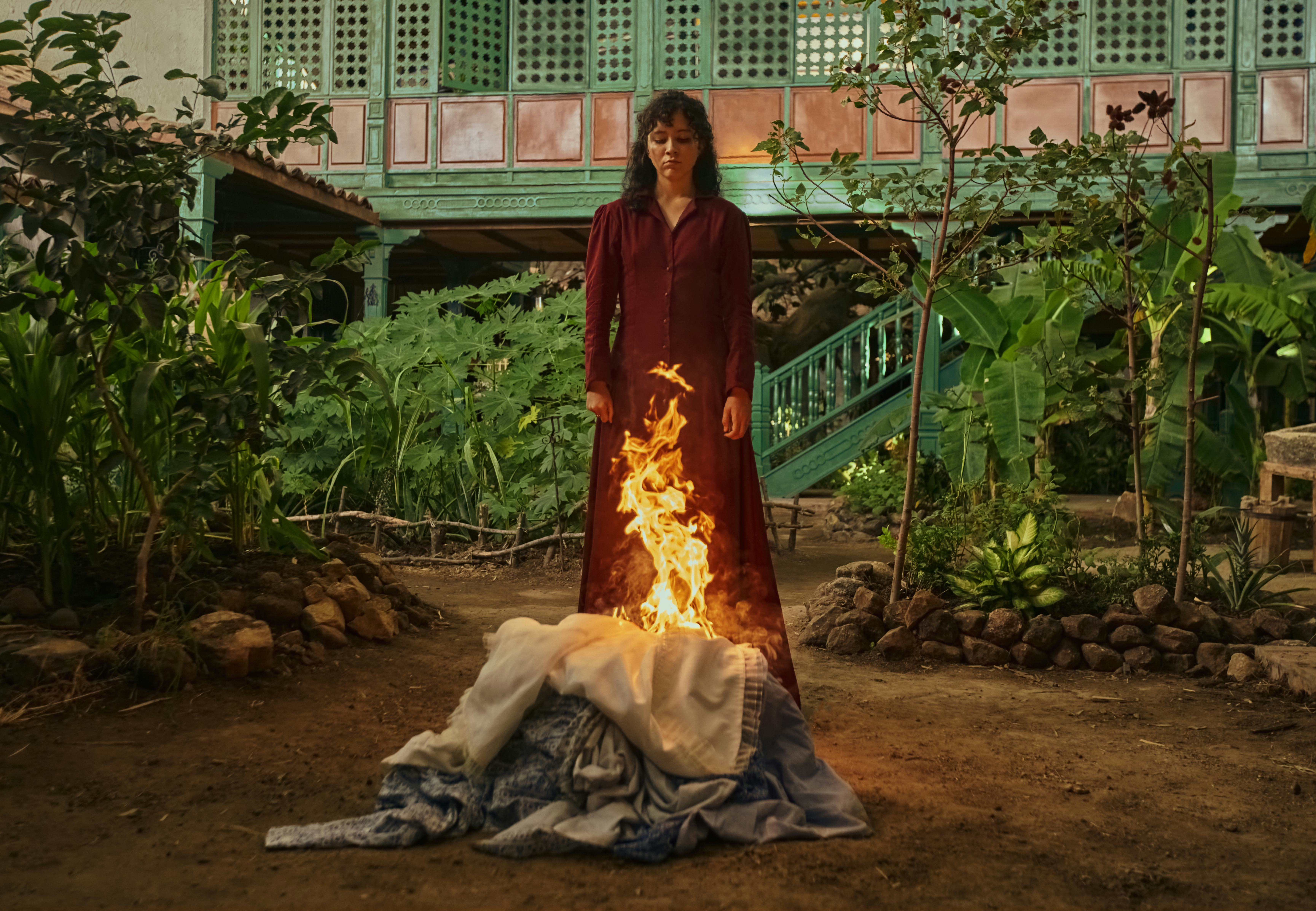
There are books that cater well to adaptation, like the works of Stephen King or George R. R. Martin, and then there are books that are so vast, sweeping, and epic that they get labeled “unadaptable.” But just because something is declared “unadaptable” doesn’t mean it’s impossible to bring to life on screen — Dune was considered unadaptable after David Lynch’s version underperformed, but Denis Villeneuve managed to breathe new life into it.
Now, one of the greatest works of literature ever has been subjected to the streaming TV adaptation treatment. One Hundred Years of Solitude, based on the novel of the same name by Gabriel García Márquez, is an immense tome that feels impossible to portray on the screen — that the Netflix series manages to is a veritable magic trick of transformation that comes across as completely effortless. The result is surprisingly digestible, interesting, entertaining, and above all, gorgeous to watch.
Márquez’s novel has a vast scope, following six generations of the Buendía family, but the series bites off exactly as much as it can chew by focusing on the first half of the story. The story starts with José Arcadio Buendía and Úrsula Iguarán, cousins who marry despite their family’s best efforts. After José gets involved in a duel and is haunted by the ghost of the man he had to murder, he leaves his hometown with Úrsula in search of creating a utopia by the sea.
Two years into the journey, he has a dream that gives him the name of the town, a name that means nothing: Macondo. José and Úrsula create their own life in the new town, tending to their growing family and encountering new technologies despite the town’s seclusion. As Macondo grows, so do their children José Arcadio and Aureliano. They get caught in turmoil, and form the central duality in an ever-growing family.
Through these two characters, their sister Amaranta and Rebeca, and their sprawling extended family, we get the sense something is strange about the Buendía family. Aureliano has premonitions of what’s to come. Rebeca can make the whole house shake. While dabbling in alchemy, José is even able to make Amaranta’s bassinet levitate. One Hundred Years of Solitude is often used as a textbook example of magical realism, and that is very clearly present in this series.

But arguably more magical is the tone and feel of this series. The colors are rich and saturated, and the lighting always feels dynamic and interesting. Macondo is a village living outside the rest of the world until it’s dragged in, kicking and screaming, so it’s only fitting the aesthetics of the show are otherworldly. If you can find escape in the tragedy of intergenerational history, then this is a true piece of escapism.
The series ends on a cliffhanger with three whole generations still to show — there’s a reason the trailer referred to Season 1 as “Part 1.” Thank goodness, because this story is far too big for eight episodes. Even half the novel has the first season bursting at the seams, but it feels natural — it feels like you’re watching someone recound their own ancestral history in detail, and that’s what Márquez would have wanted.







